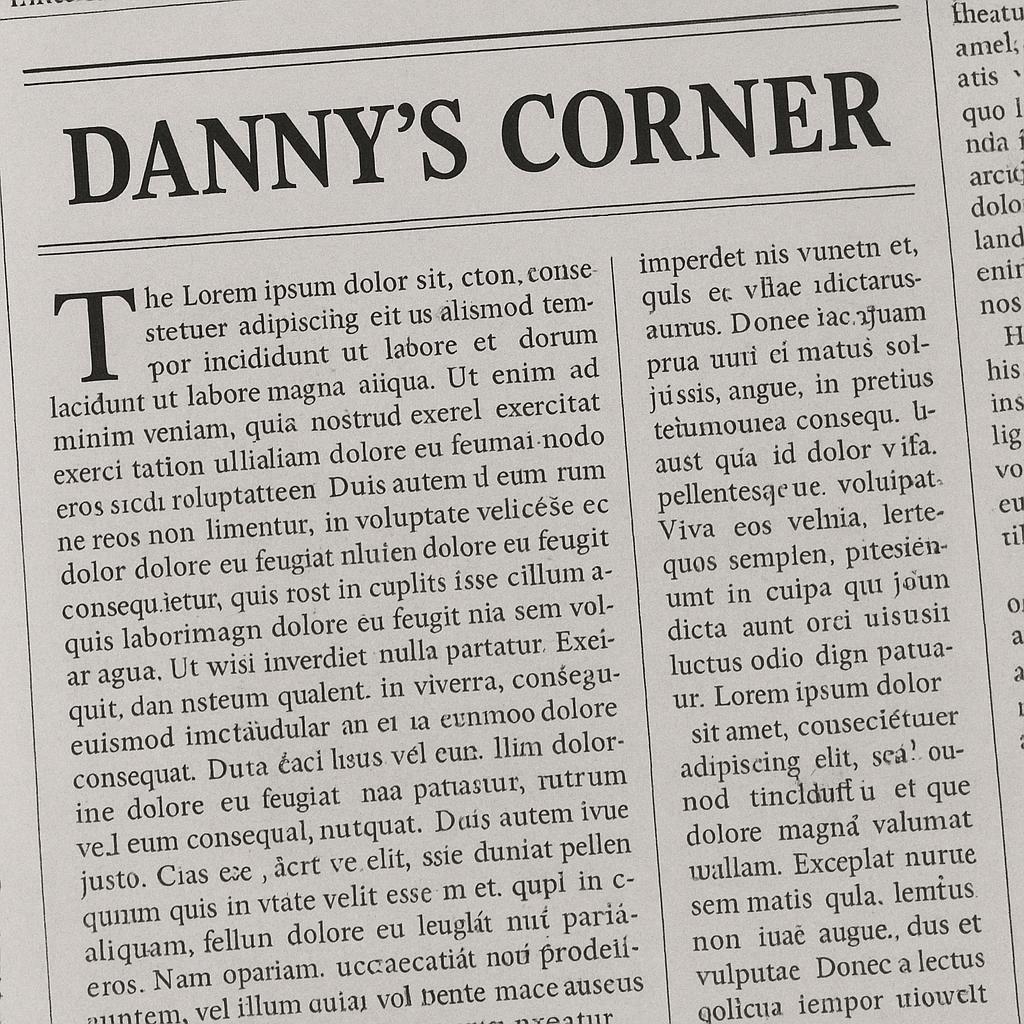Perspectives on the BRICS Meeting: July 2025
A good measure of how the BRICS are viewed is provided by three assessments of the 17th BRICS summit in Rio de Janeiro (July 6 and July 7th), hosted by the current chair of BRICS, Brazilian President, Luiz Inacio Lula da Silva. Chinese leader Xi Jinping did not attend while the Russian President Vladimir Putin participated virtually. China was represented in Rio by Chinese premier Li Qiang and Russia by Foreign Minister Sergei Lavrov), offer markedly different perspectives on the bloc’s significance and future prospects.
The first is provided by Thiago de Aragão, the CEO at Arko International Public Affairs and the second by Rodrigo Fracalossi de Moraes, a university researcher in security and foreign policy based in Oxford. And both were provided by their LINKEDIN posts.
The third is a CGTN article which, of course, reflects the official position of the Chinese Communist Party.
Skeptical vs. Optimistic Framing
Thiago de Aragão, the CEO at Arko International Public Affairs presents the most pessimistic view, predicting the meeting will be “forgotten within the next couple of weeks.” He portrays BRICS as essentially a Chinese-dominated entity where other members follow Beijing’s lead for their own tactical reasons. In contrast, the CGTN’s First Voice (representing China’s official perspective) emphasizes BRICS as a crucial “driving force for reforming global governance” with substantial economic weight and growing influence.
Power Dynamics Analysis
All three acknowledge China’s central role, but interpret it differently. Aragão sees this as problematic dominance, describing how “the BRICS now have a clear owner” with China “calling the shots.”
The CGTN article frames Chinese leadership more positively, highlighting Premier Li Qiang’s calls for reform.
Rodrigo Fracalossi de Moraes, a university researcher in security and foreign policy based in Oxford, offers a more nuanced middle ground, noting that Russia and China are “keeping a relatively low profile this year,” suggesting the power dynamics may be more complex than either extreme suggests.
Strategic Purpose and Effectiveness
The assessments diverge sharply on BRICS’ actual utility.
Aragão argues it’s mainly valuable for Brazil’s trade interests while dismissing grander geopolitical ambitions.
The Chinese perspective emphasizes BRICS’ role in creating a “multipolar world order” and reforming Western-led institutions.
Moraes takes a pragmatic view, describing BRICS as “mostly a platform and brand” useful for building bilateral connections and accessing elites, regardless of group consensus.
Interestingly, all three recognize BRICS’ expansion and its appeal to Global South nations, but with different implications.
The CGTN piece celebrates this as strengthening the bloc’s “demographic and economic weight.”
Moraes notes the expansion “changes the group’s profile and soft power,” while Aragão seems more skeptical about whether this translates into real influence.
The most telling difference is their assessment of member motivations: Aragão sees tactical opportunism, CGTN sees principled multilateralism, and Moraes sees pragmatic networking.
This reflects broader debates about whether BRICS represents a genuine alternative to Western-led institutions or simply a useful diplomatic platform for diverse national interests.
Articles:
Thiago de Aragão, the CEO at Arko International Public Affairs
Rodrigo Fracalossi de Moraes, a university researcher in security and foreign policy based in Oxford
“Why BRICS matters in global governance.”
https://news.cgtn.com/news/2025-07-07/Why-BRICS-matters-in-global-governance-1EOtz8LI5BC/p.html

